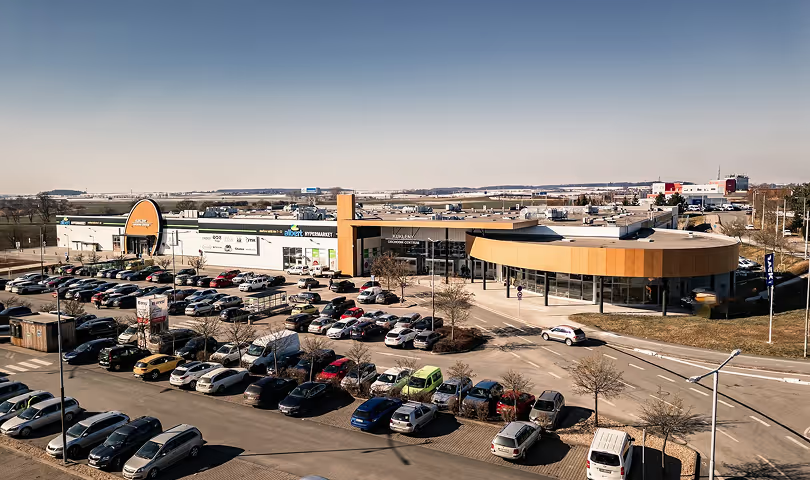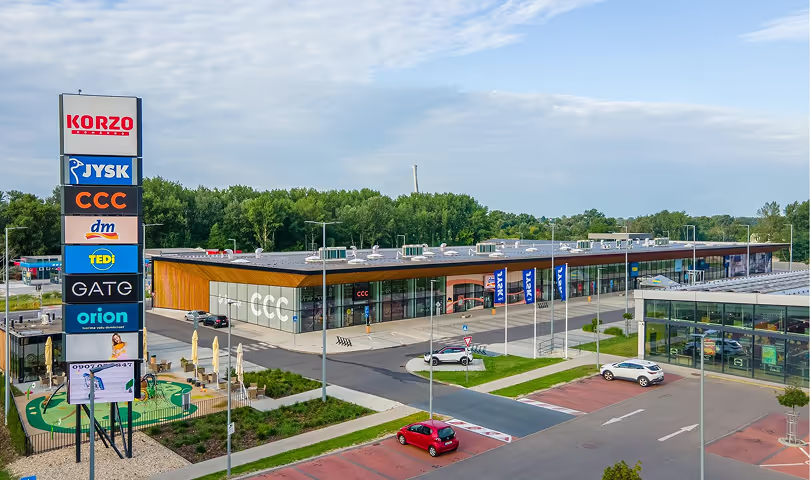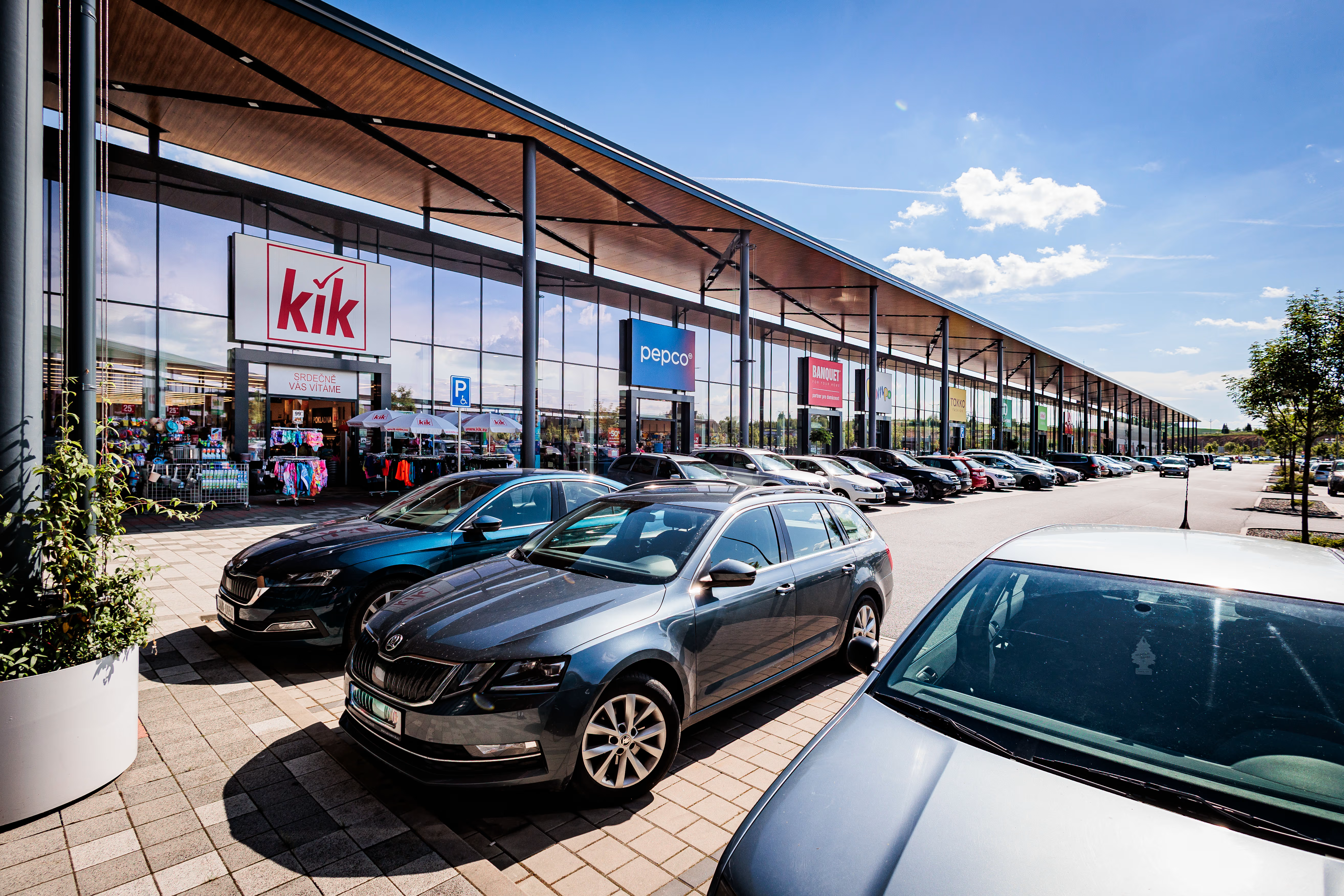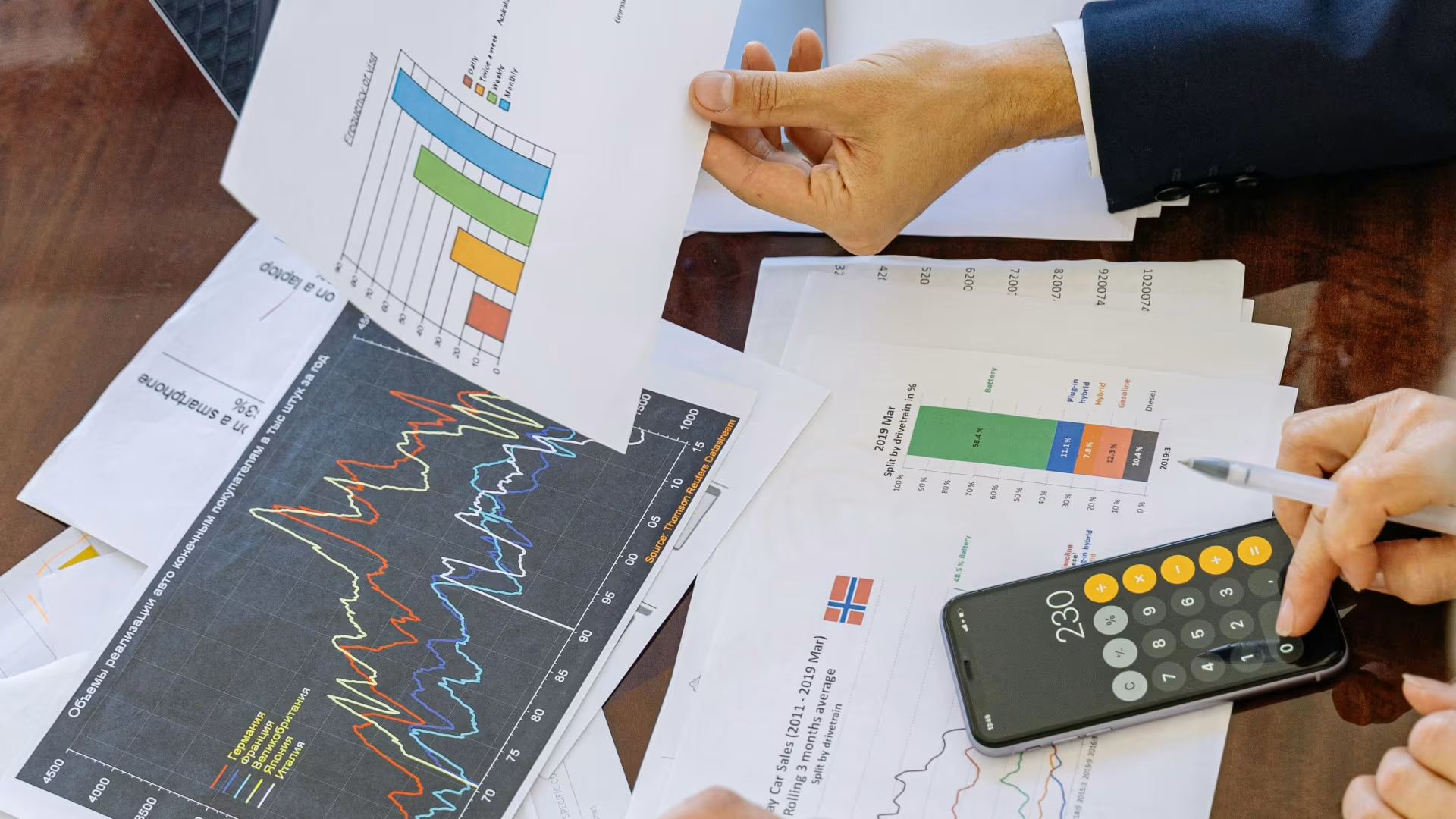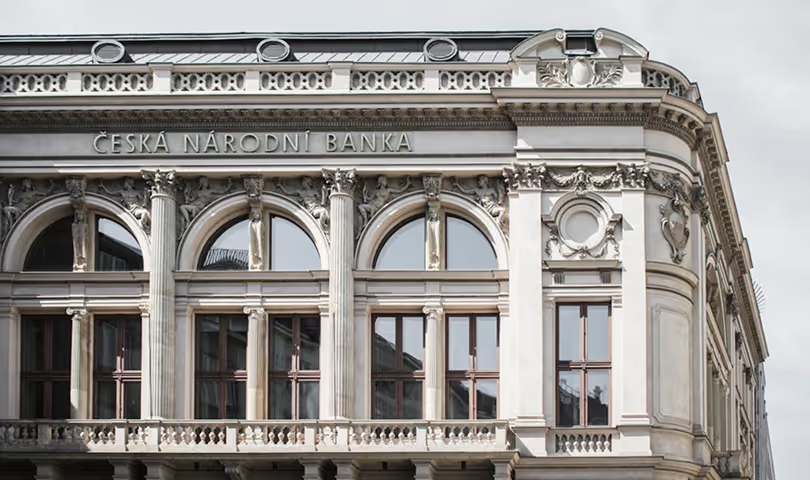How to choose a real estate fund step by step
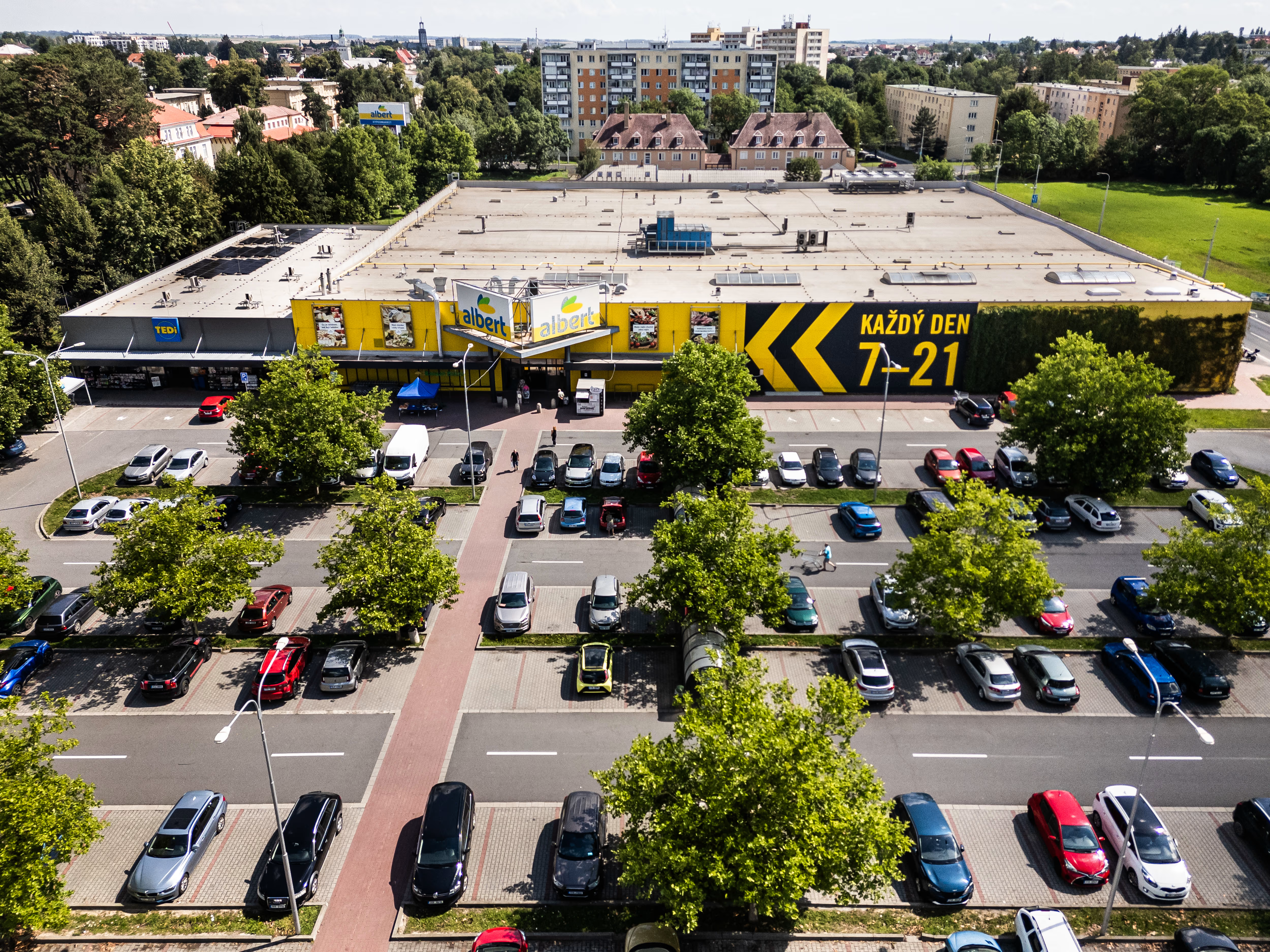
Benefits of investing in a real estate fund
Share in a large portfolio
You invest in a carefully selected portfolio of properties that would otherwise be difficult for individuals to access. Thanks to a large portfolio, you spread the risk and share both in the rental income and in the growth of property values.
Invest from CZK 200
You can start with just a few hundred crowns. For example, with the retail fund it is possible to invest from as little as CZK 200 per month, or CZK 10,000 as a one-time investment.
No worries
You don’t deal with property management, tenants, or other costs connected with operations, nor with the lengthy process of obtaining building permits.
Easy redemption
A share in a retail real estate fund can easily be purchased and sold through redemption, unlike direct property ownership, which requires a complex sales process.
Transparent returns
The return you see is the return you actually get. No hidden fees or complicated conditions.
How to choose a fund
1
Look at what types of properties the fund invests in
Don’t be tempted only by the promise of high returns. Check where the return actually comes from, what types of properties the fund invests in, and how long the lease agreements with tenants are.
What to focus on?
2
Check how large and diversified the fund’s portfolio is
The larger and more diversified the portfolio, the better it can withstand market fluctuations. Focus on funds that invest across regions, sectors, and tenant types. This will spread risk and increases return stability.
What to focus on?
3
Check the fund’s debt level
Real estate funds use not only investors’ money but also external financing. Look at how much of the fund’s capital comes from its own equity and how much is borrowed. Debt can be a useful tool, but in times of higher interest rates it can also increase risk.
What to focus on?
4
Check the fund’s fees
Fees related to fund management and operations affect the final return for investors, so it is important to understand them. The return presented by the fund is already net of management and performance fees, which means it represents the actual return for investors.
What types of fees may apply?
What to focus on?
TER = total expense ratio of the fund
TER shows what percentage of the fund’s assets is spent each year on its operations.
5
Check where the fund is registered
When choosing a fund, it’s not only about returns. It also matters where the fund is registered, or domiciled. This determines the level of supervision, transparency, and legal protection for investors.
Why does the fund’s registration matter?
What to focus on?
Choose a fund based on your investment experience
ZDR QIF Fund for qualified investors
Targeted return 7-9%
Minimum entry investment set by law: EUR 125,000 or the equivalent in CZK
Invests in long-term leased retail properties with a strong share of grocery and value-oriented chains across six European countries
Available in both EUR and CZK share classes
ZDR Public real estate fund
Targeted return 5-7%
Investment from EUR 8 per month or EUR 400 lump sum
Focus on long-term leased, grocery- and value-oriented properties
Available in CZK share class only
ZDR Industrial real estate fund
Targeted return 5-7%
Investment from EUR 8 per month or EUR 400 lump sum
Focus on long-term leased properties for light manufacturing and suburban logistics
High liquidity – your investment is easily accessible, and your capital can be quickly available.
Investment risk
Investing involves risk, which may lead to a decrease in the value of the investment and a capital loss. The value of investment shares changes over time, and past performance of funds is not an indication or guarantee of future results. Investments in funds are subject to the risks described in the fund statutes and sub-fund documents, which should be reviewed before making any investment decision.
Let your capital work for you in real estate across Europe
1
Leave us a contact
2
We’ll get in touch and guide you through the steps
3
Start earning with your investment
We will contact you as soon as possible and together we will select the best way to invest.

